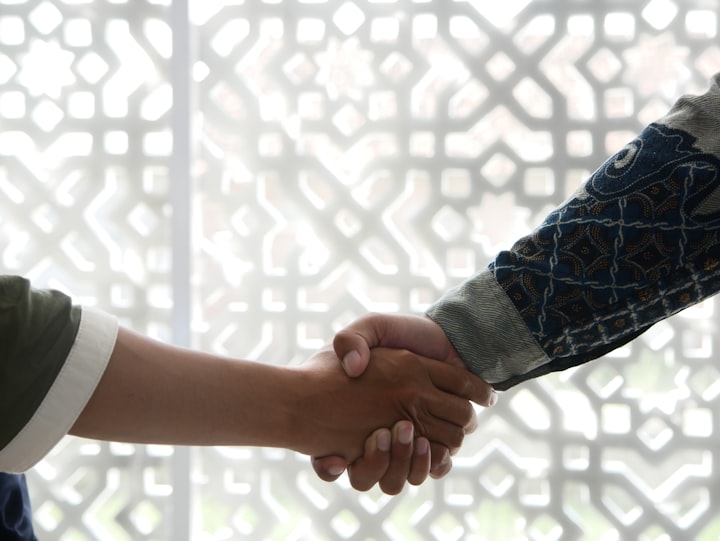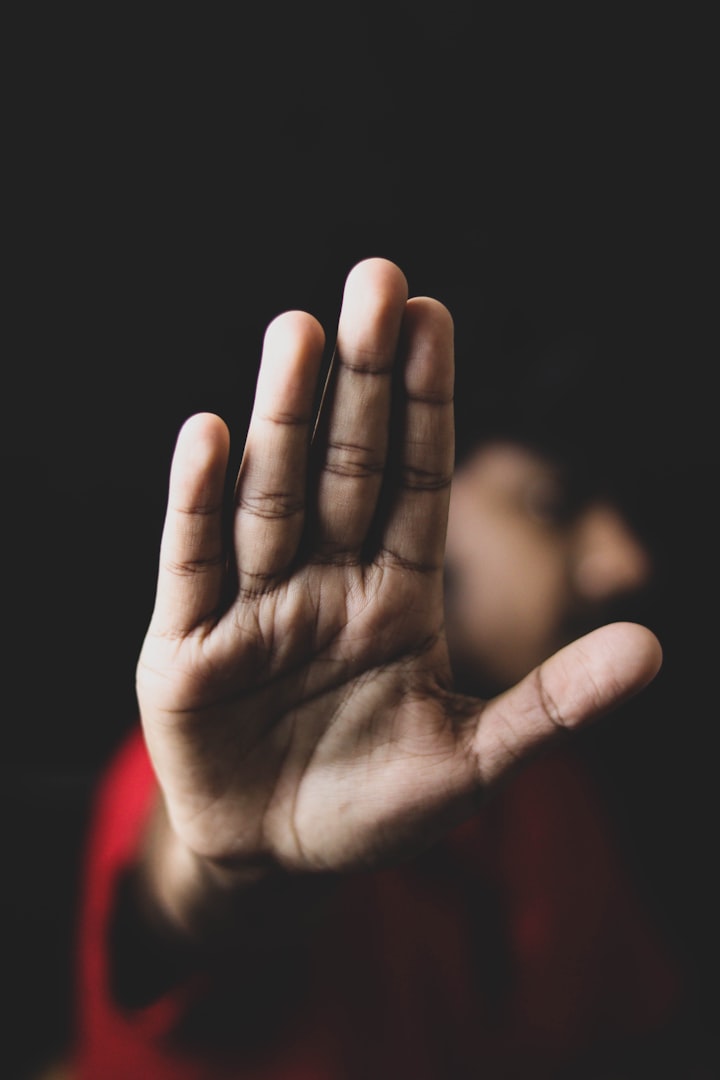
If we want to make amends with another person, we must first understand what went wrong. Forgiving someone can be easier if you practice forgiveness rituals and write the other person a letter. In some cases, practicing forgiveness in the presence of the other person is the best way to start. It can also be easier if you practice forgiveness with a person who is easier to forgive. Listed below are some ways to practice forgiveness and why it is important to forgive if needed.
Reconciliation rituals
Reconciliation is a theological and sacramental concept based on the notion that God is the source of forgiveness, and that Jesus embodies this forgiveness through his ministry, death, and resurrection. For all who believe in him, forgiveness is available to them through Christ, the first act of reconciliation. This process involves the lowering of arousal, the first step in forgiveness. Once one feels forgiven, the other party can participate in the process.
In the West, we live in individualistic cultures, and our first impulse is to put ourselves first before the group. In contrast, Asian and African cultures put the group first and use forgiveness as a way to ease the burden of wrongdoing, while individualistic cultures use it as a means to clear their consciences and feel right about their wrongdoing. A reconciliation ritual, whether formal or informal, teaches us to forgive others.
Writing a letter to the person you're trying to forgive
When you're trying to forgive someone, writing a letter may seem like a challenge, but it can also be a great way to move on from the offense. In a letter, you should describe what happened, how you felt, and offer suggestions for improvement. Writing a letter to forgive is a process that requires patience and a lot of empathy. It is important to not rush the process and be honest about your feelings, including the event and your role in it.
The act of writing a letter to ask forgiveness helps you to release the hurt and anger that have built up inside you for so long. It helps you regain control of your emotions and makes them more tangible. Writing forgiveness letters may take a long time, but they're a positive step towards healing. And while the pain you feel may not disappear immediately, at least you'll be more aware of it, which will allow you to feel more empowered in the process.
Practicing forgiveness in the other person's presence
Forgiveness does not have to be practiced in the other person's presence if the other person is safe. However, if you are in danger, consider other options before engaging in conversation. For example, you can practice compassion meditation or journaling. Performing forgiveness in the other person's presence isn't easy - if the other person is hurt, he or she might lash out in response.
It is important to understand how your actions affect other people. For example, when you practice forgiveness in the presence of someone, you become more tolerant and softer. By practicing forgiveness in the presence of others, you become less likely to engage in a conflict in the future. This will increase the chances of forming meaningful relationships. Furthermore, practicing forgiveness will help our communities flourish. Senseless crimes committed in a fit of anger can change many lives. Many of those victims do not have the ability to forgive.
Practicing forgiveness with a person who is easier to forgive
Practicing forgiveness with a person who you find easy to forgive can help you get past the initial hurt. Forgiveness is the first step in healing, but it's not the end of the process. You need to express your feelings, and this can be done in different ways. Try to practice forgiving a person who is easier to forgive, even if the person has caused you more pain than you are willing to give.
The psychology of forgiveness has been studied extensively. Researchers have found that people who engage in aggressive behaviors are at a higher risk for heart disease. While most people will never have to face such a difficult situation, some individuals are naturally more forgiving. They tend to have higher levels of agreeableness and lower levels of neuroticism. Others have a harder time forgiving and tend to ruminate.
Why forgiving is important
Forgiving others does not come easy, especially when a situation or a problem was so wrongfully done to you. Forgiveness can be a powerful tool for healing your mind. It is important to remember that we can only hold so much information in our minds at one time, and attempting to change the past can backfire. Forgiving others puts us in the driver's seat of our own healing.
Forgiving others is an active process, and it involves letting go of negative feelings. The act of forgiveness is a powerful catalyst for empathy, compassion, and affection. Forgiving others also involves expressing your feelings and holding the person accountable for their actions.
Forgiving someone makes it easier to heal from emotional pain than it is to hold on to a grudge and live with pain for the rest of your life. By doing so, you will be free from pain and can breathe again.
Forgiving someone is a gift to oneself. When you feel resentment for an act or person, you can't be at peace. If you hold onto resentment, the wound won't be able to heal. Forgiving someone frees you from the burden of unresolved emotions and allows you to move on from the situation. Moreover, if you are harboring anger toward someone, it affects your relationships.
If you've been hurt by a loved one, you should consider seeking forgiveness. In addition to healing your emotional state forgiveness can also improve your health. Forgiveness can lower your risk of heart attacks and improve cholesterol levels. It also improves your sleep and reduces pain and stress. Forgiveness has many benefits that go beyond personal relationships. It also makes you a more compassionate person and increases compassion for others.
Forgiving is the act of letting go of resentment and revenge. Forgiving means letting go of your righteous view of the person who did you harm. Instead, forgiveness is a decision to embrace compassion and empathy for the person who did you harm. By forgiving, you give yourself peace of mind and let the other person know you've forgiven them. After all, you're the one who deserves it the most.
When a loved one has caused you pain, it's important to forgive him or her. It takes time to build a new relationship with someone. Without forgiveness, the relationship is doomed to frustration and engagement. By forgiving, we can build a deeper relationship and reconnect with each other. Regardless of the nature of the relationship, it is vital to forgive those who have hurt us.
About the Creator
AM
To help connect missing pieces and dots on perspectives of life and open new inspirations in your life.






Comments
There are no comments for this story
Be the first to respond and start the conversation.